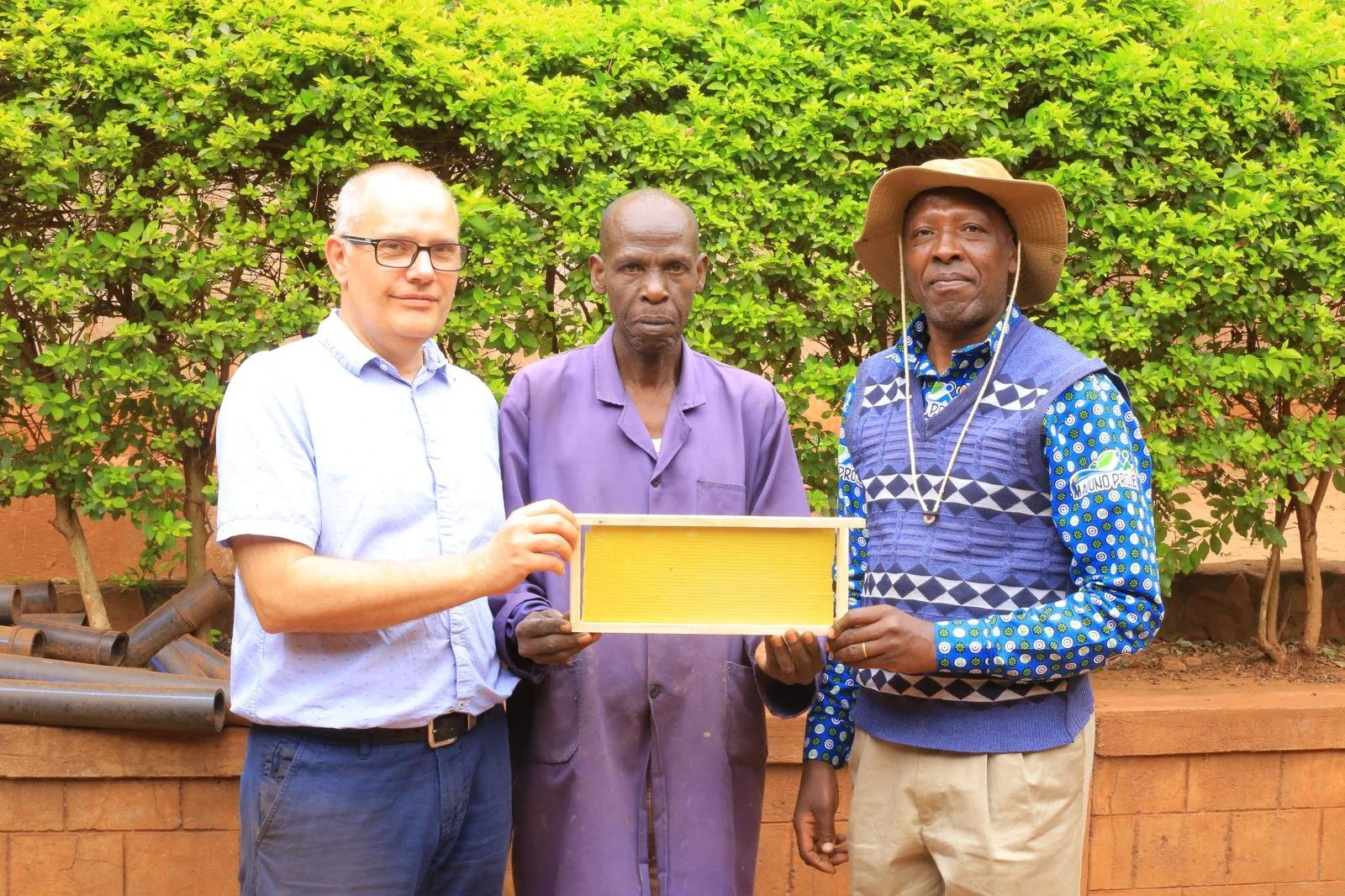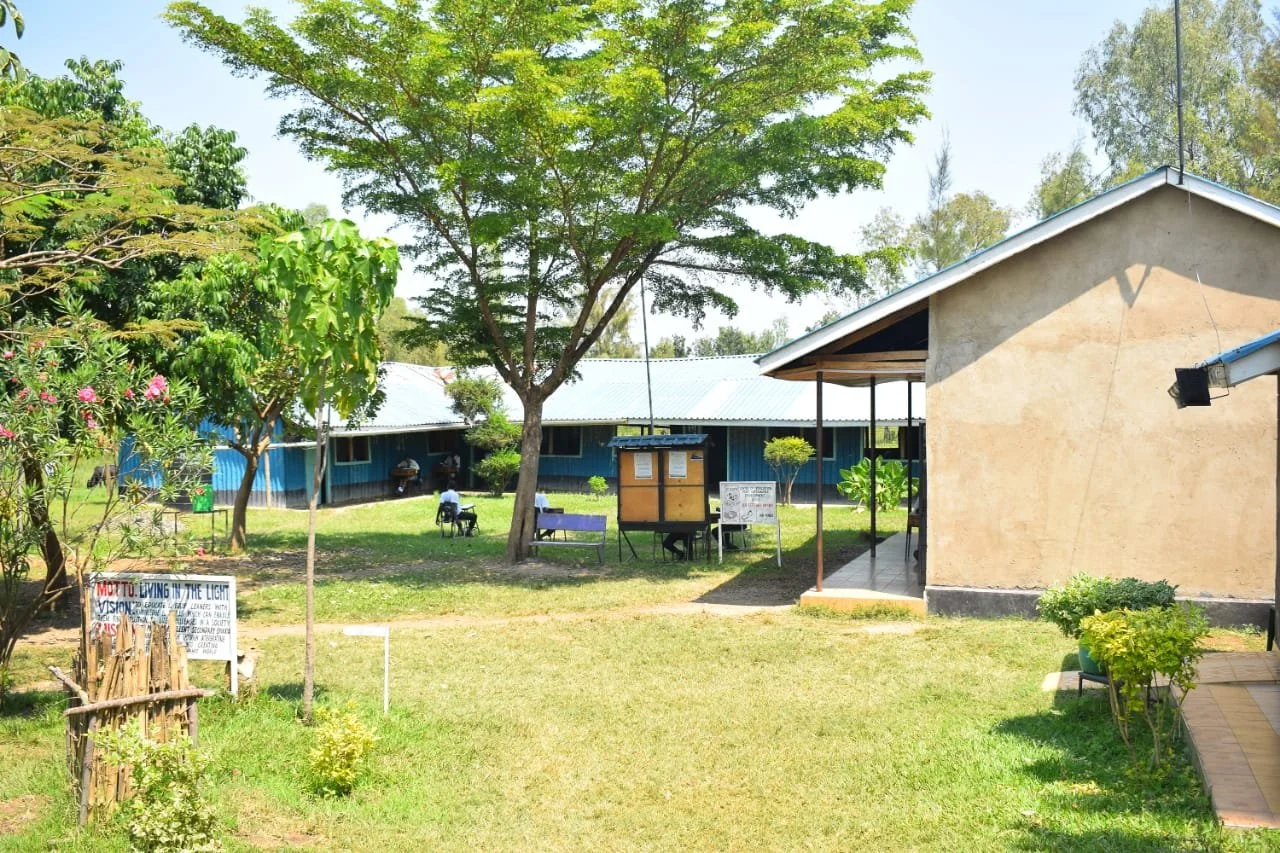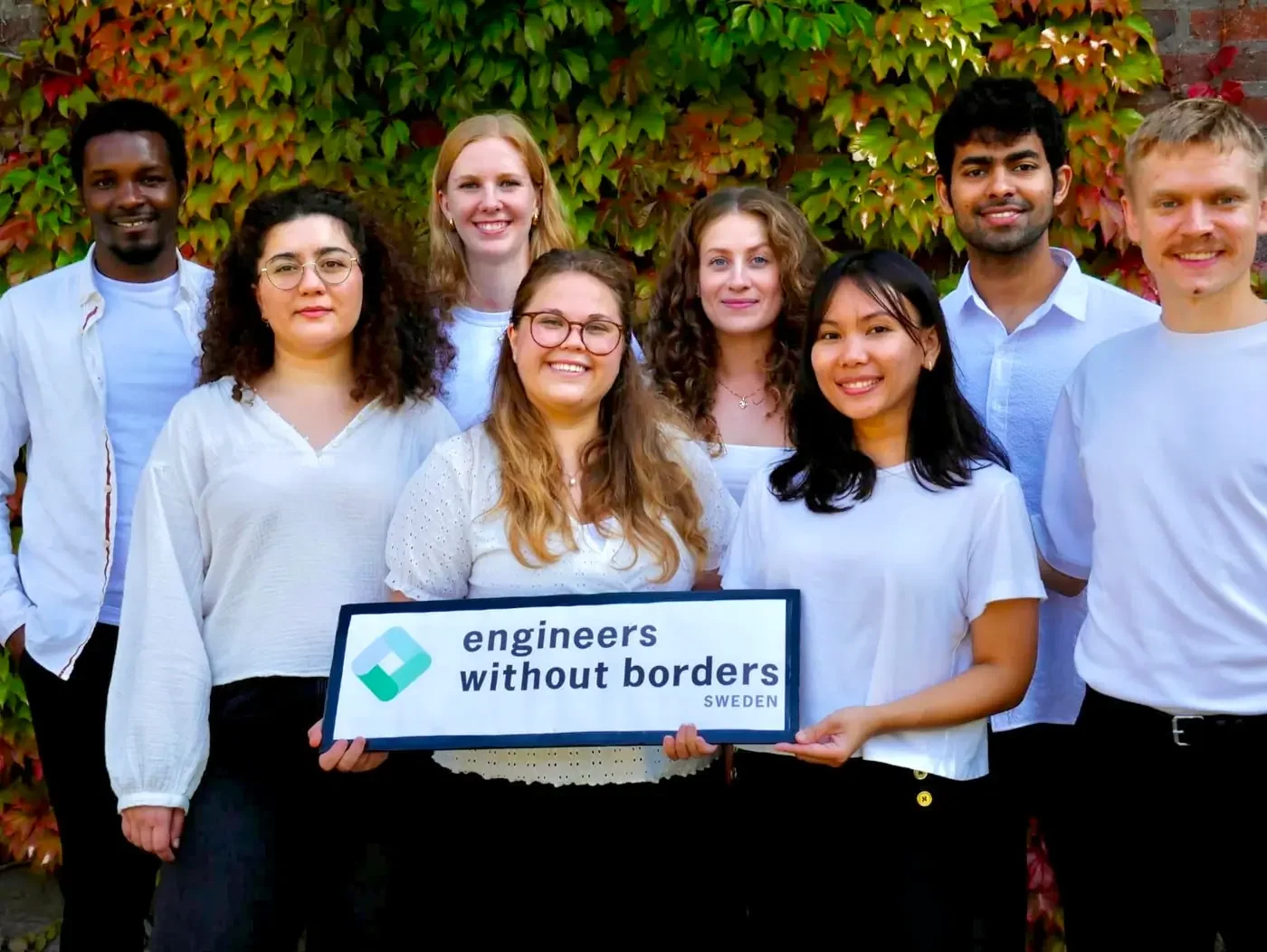Beekeeping project takes flight in Tanzania
/The beekeeping project in Tanzania is finally underway! Our volunteer, Martin Bennrup, is currently on site together with Clara Bitakwate, Project Manager at Mavuno Projects, testing new equipment and training local beekeepers.
Läs mer





